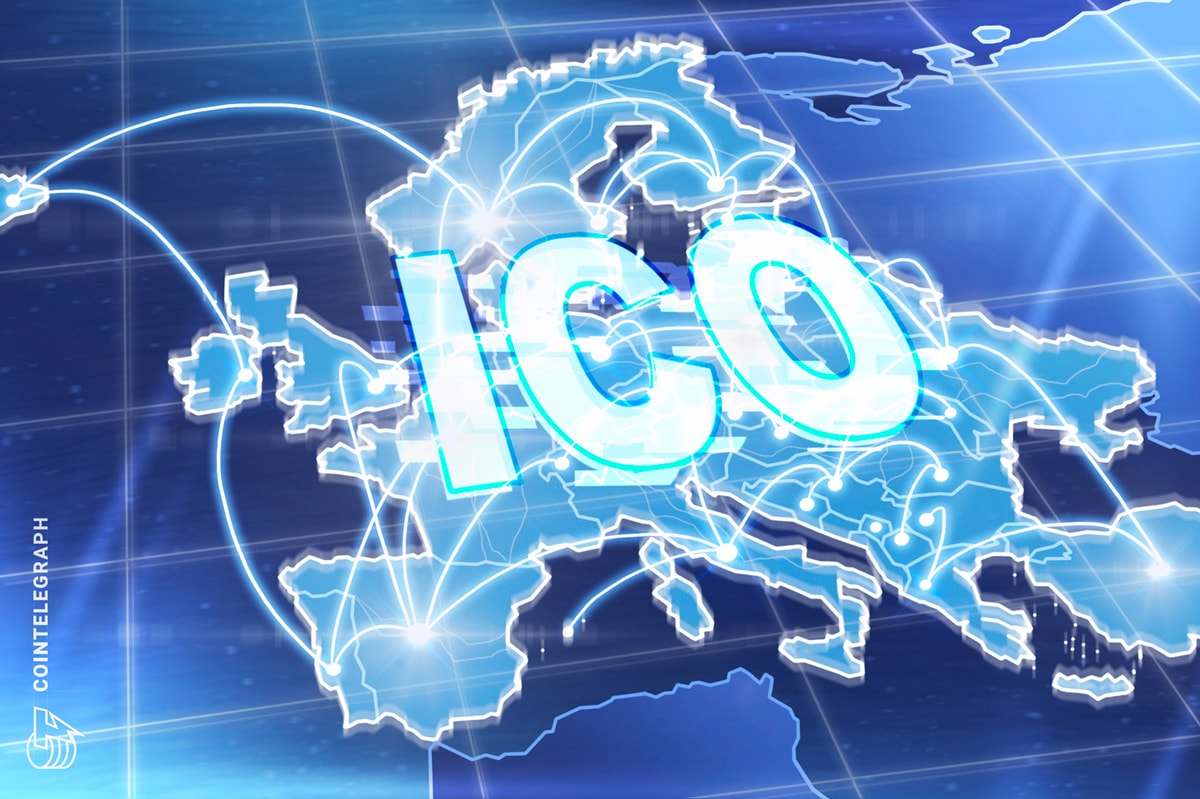Crypto fundraising platform Legion has launched a new reputation system targeting retail investors and startups interested in initial coin offerings (ICOs) under European Union regulations.
According to Legion, the reputation system “simplifies things for teams” as it allows them to pitch retail investors based on selected attributes with early-stage offerings or token sale allocations.
The system analyzes investor behavior based on factors such as onchain history, social clout, and developer activity. It leverages the open-source reputation algorithm for peer-to-peer networks EigenTrust — developed by Standford’s academics Sep Kamvar, Mario Schlosser, and Hector Garcia-Molina.
“Projects don’t want to sell tokens to bots, Sybils, and people who will do nothing for the project and just be a distraction in their Discord,” Matthew O’Connor, co-founder of Legion, told Cointelegraph.
O’Connor further explained that the platform is an additional option for startups seeking crowdfunding alternatives:
“Once the token is sent to the investor, there is no recourse for bad acting or investors breaking promises [...] without some kind of investor reputation system, the best projects will simply continue to avoid selling tokens to anonymous wallets, and raise from VCs.”
The system promises to reproduce how trust and reputation work in real human relationships, with reputation moving along with person-to-person relations.
Reputation would flow “outwards from obviously high-reputation people, like Vitalik Buterin, for instance, to people that Vitalik has worked with. Then, the people that have worked with people Vitalik has worked with inherit some of their trust, and so on,” O’Connor explained.
Legion Score. Source: Legion
The startup wants to be the Airbnb of crypto fundraising, matching high-reputation retail investors with a genuine interest in Web3 projects and startups seeking to bootstrap their projects.
“[Retail investors] is the segment that is currently underserved by existing options. Real users add value that top VC’s can’t — such as detailed product feedback, organic marketing support, and arguably the most important thing; a sense of community and belonging.”
ICOs under MiCA
The European Union’s Markets in Crypto-Assets Regulation (MiCA) provides a clear legal framework for ICOs across all EU member states. Under the regulation, utility tokens, for instance, must still comply with disclosure and transparency rules but are not classified as financial instruments.
Legion wants to use the EU regulatory framework to sell tokens to EU persons but will restrict access to United States retail investors.
“We also abide by rules in the US like RegS and RegD, so non-accredited US investors can’t participate for now,” said O’Connor.
Projects seeking capital, however, are not required to be based in an EU jurisdiction.
The platform plans to allow venture capital firms in the future, but they will also compete with retail investors for scores. “We think this competition is healthy and helps everyone,” added the co-founder.
Crypto startups raised $2 billion in venture capital in the third quarter of 2024, according to Crunchbase data, bringing the total raised in 2024 to nearly $8 billion.
Magazine: 10 crypto theories that missed as badly as ‘Peter Todd is Satoshi’










